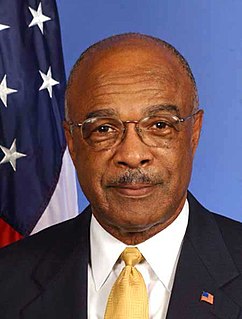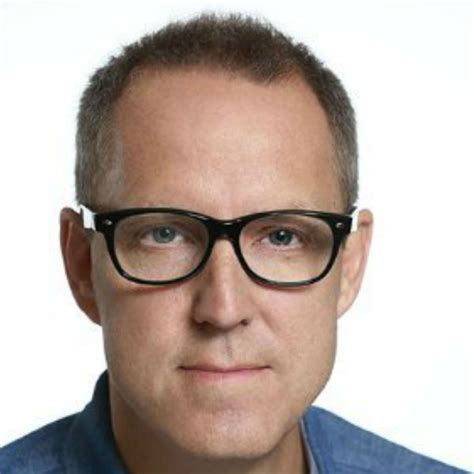A Quote by Rod Paige
To put it simply, we need to keep the arts in education because they instill in students the habits of mind that last a lifetime: critical analysis skills, the ability to deal with ambiguity and to solve problems, perseverance and a drive for excellence. Moreover, the creative skills children develop through the arts carry them toward new ideas, new experiences, and new challenges, not to mention personal satisfaction. This is the intrinsic value of the arts, and it cannot be overestimated.
Quote Topics
Ability
Ambiguity
Analysis
Arts
Because
Cannot
Carry
Challenges
Children
Creative
Critical
Critical Analysis
Deal
Develop
Drive
Education
Excellence
Experiences
Habits
Habits Of Mind
Ideas
Instill
Intrinsic
Intrinsic Value
Keep
Last
Lifetime
Mention
Mind
Moreover
Need
New
New Challenge
New Challenges
New Experiences
New Idea
New Ideas
Perseverance
Personal
Personal Satisfaction
Problems
Put
Satisfaction
Simply
Skills
Solve
Students
Them
Through
Toward
Value
Related Quotes
Most of all we need an education which will create an educated mind. This is a mind not simply a repository of information and skills, but a mind that is a source of creative skepticism, characterized by a willingness to challenge old assumptions and to be challenged, a spaciousness of outlook, and convictions that are deeply held, but which new facts and new experiences can always modify.
The rapidly evolving global economy demands a dynamic and creative workforce. The arts and its related businesses are responsible for billions of dollars in cultural exports for this country. It is imperative that we continue to support the arts and arts education both on the national and local levels. The strength of every democracy is measured by its commitment to the arts.
The vocational approach at NOCCA (New Orleans Center for the Creative Arts) helps build grit in students. It teaches them how to be single-minded in pursuit of a goal, to sacrifice for the sake of a passion. The teachers demand hard work from their kids because they know, from personal experience, that creative success requires nothing less.
Casals says music fills him with the wonder of life and the 'incredible marvel' of being a human. Ives says it expands his mind and challenges him to be a true individual. Bernstein says it is enriching and ennobling. To me, that sounds like a good cause for making music and the arts an integral part of every child's education. Studying music and the arts elevates children's education, expands students' horizons, and teaches them to appreciate the wonder of life.


































